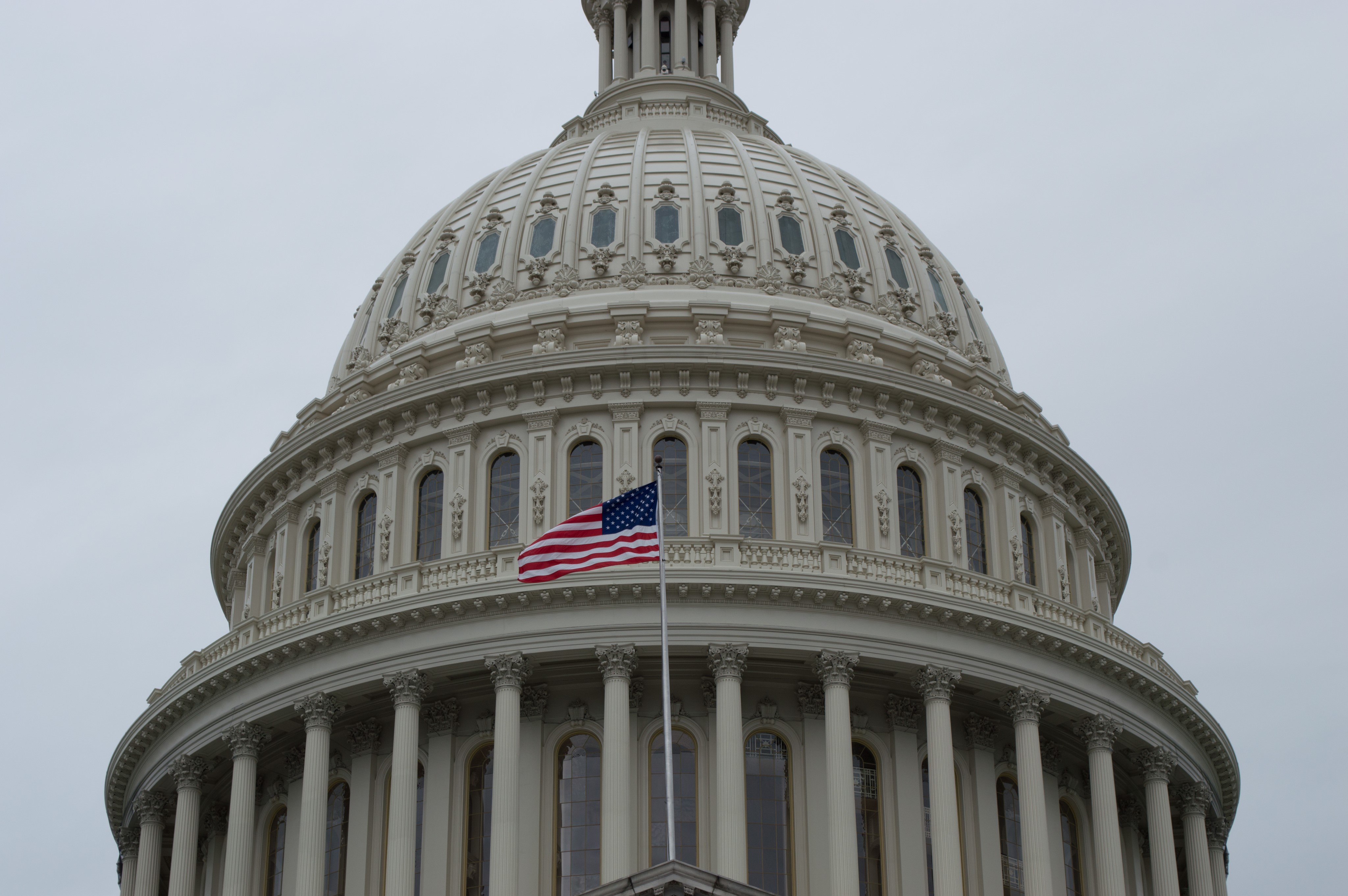By Jonah S. Berger and Devin B. Srivastava
During their time in college, members of the Class of 2021 encountered two presidents towards whom they had starkly different opinions. Ninety-four percent of graduates who responded to The Crimson’s senior survey viewed former President Trump unfavorably, with 80 percent supporting his impeachment because of his connection to the January 6 riots at the U.S. Capitol. In contrast, 67 percent of respondents said they view President Biden favorably.
The coronavirus pandemic, which robbed most of the class of a full year on-campus, also shaped the cohort’s view of the nation’s political leaders. A higher proportion of respondents in the Class of 2021, 34 percent, than in the Class of 2019, 13 percent, said they believe the country is on the right track. Thirty-eight percent of this year’s graduating class believe the country is on the wrong track.
Political Affiliations
Among respondents who reported being registered voters, 75 percent identified as Democrats, 7 percent as Republicans, and 18 percent are unaffiliated or independents. Furthermore, 69 percent of survey respondents classified themselves as progressive or very progressive, 9 percent as conservative or very conservative, and 21 percent as moderate.
- Twenty-four percent of respondents said they were not registered to vote. Most of the unregistered respondents are from within the United States, though the survey did not ask respondents whether they are American citizens. International students comprised only 11 percent of those admitted to the Class of 2021.
- Among respondents who said they came to Harvard as “progressive” or “very progressive” (57 percent), a vast majority (87 percent) said they remain so now. Just 2 percent said they now identify as conservative or very conservative, and roughly 11 percent now identify as moderate.
- Among respondents who said they came to Harvard as “conservative” or “very conservative” (12 percent), only 45 percent said they have retained that identification. Twenty-two percent say they are now progressive or very progressive, while 33 percent are moderate.
- Among those who reported that they came into freshman year as moderates, a majority now identify as progressive or very progressive, while less than 10 percent now say they are conservative or very conservative. Thirty-four percent said they remain moderate.
- A higher proportion of students from wealthier backgrounds (family income over $500,000 a year) said they identify as moderate and fewer identify as very progressive compared to students from families with incomes less than $125,000 a year.
- Among graduates identifying as progressive or very progressive, more than 70 percent say they share their political views with most of their closest friends. However, among conservatively-identifying graduates, a mere 21 percent said the same.
Political Perspectives
For the third year in a row, a plurality of surveyed seniors said they view capitalism favorably. For the first time, though, that figure dipped below 50 percent, with just 42 percent saying they support that economic system. Seventeen percent of seniors said they had no opinion of capitalism, and 37 percent said they view it unfavorably.
- Those who identify as moderate and as progressive reported seeing President Biden most favorably, with positive ratings of 73 percent and 85 percent respectively. However, among the “very progressive” group,” his favorability dropped to just 54 percent, with an unfavorability rating of 32 percent. That number is still higher than the mere 21 percent favorability among those who are conservative or very conservative, with 66 percent unfavorability.
- Fifty-seven percent of responding seniors said they view the proposition of “defunding or abolishing ICE” favorably, compared to 22 percent who view it unfavorably.
- More than 60 percent of graduates view the Green New Deal favorably, whereas only 53 percent of last year’s class supported it.
- Overall, 37 percent of graduates view the Boycott, Divestment, Sanctions movement favorably, with 19 percent viewing it unfavorably, and 28 percent saying they do not have enough information. Among those identifying as Jewish, just 9 percent view the BDS movement favorably, while 73 percent view it unfavorably. Ninety-one percent of Muslim respondents view the movement favorably.
